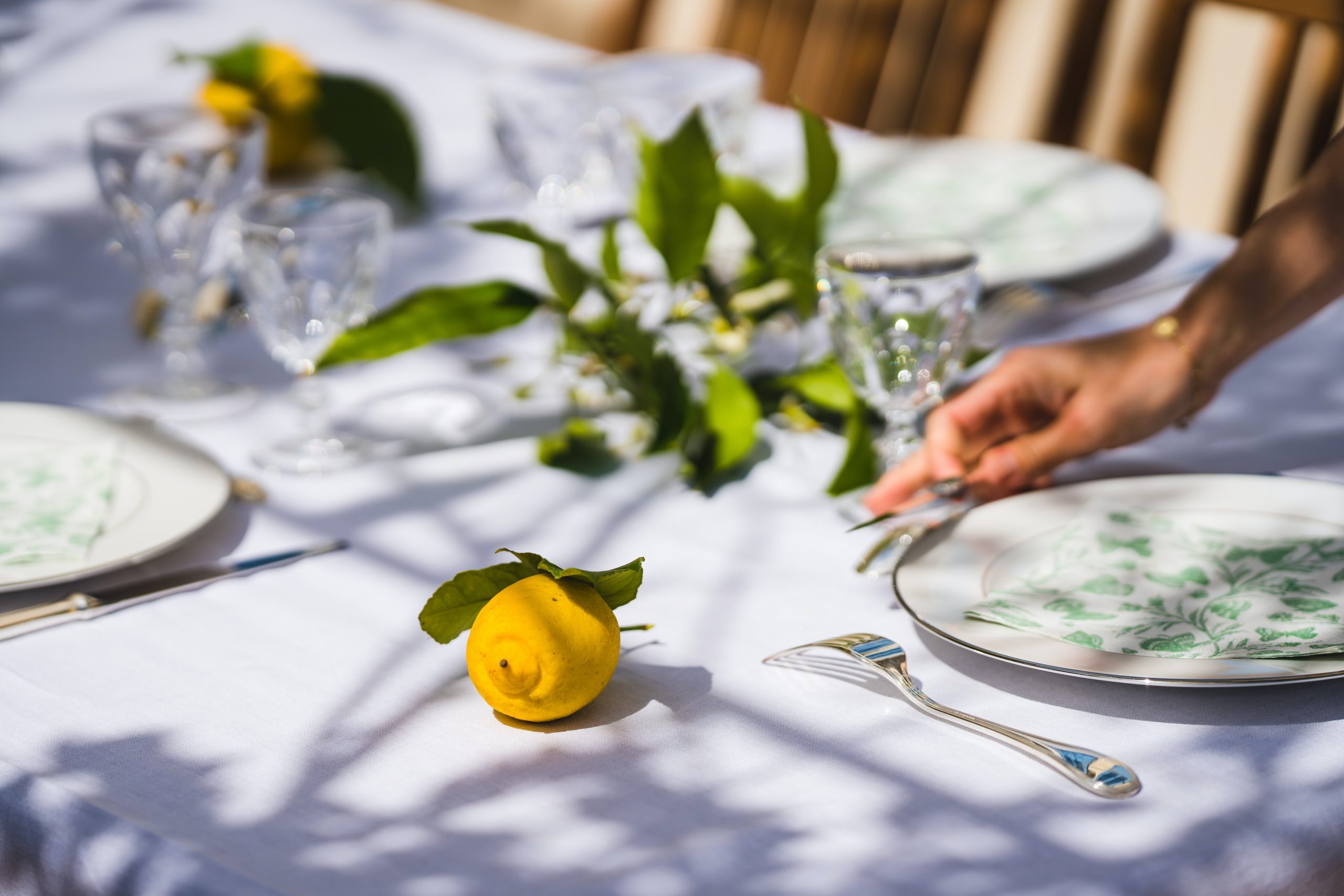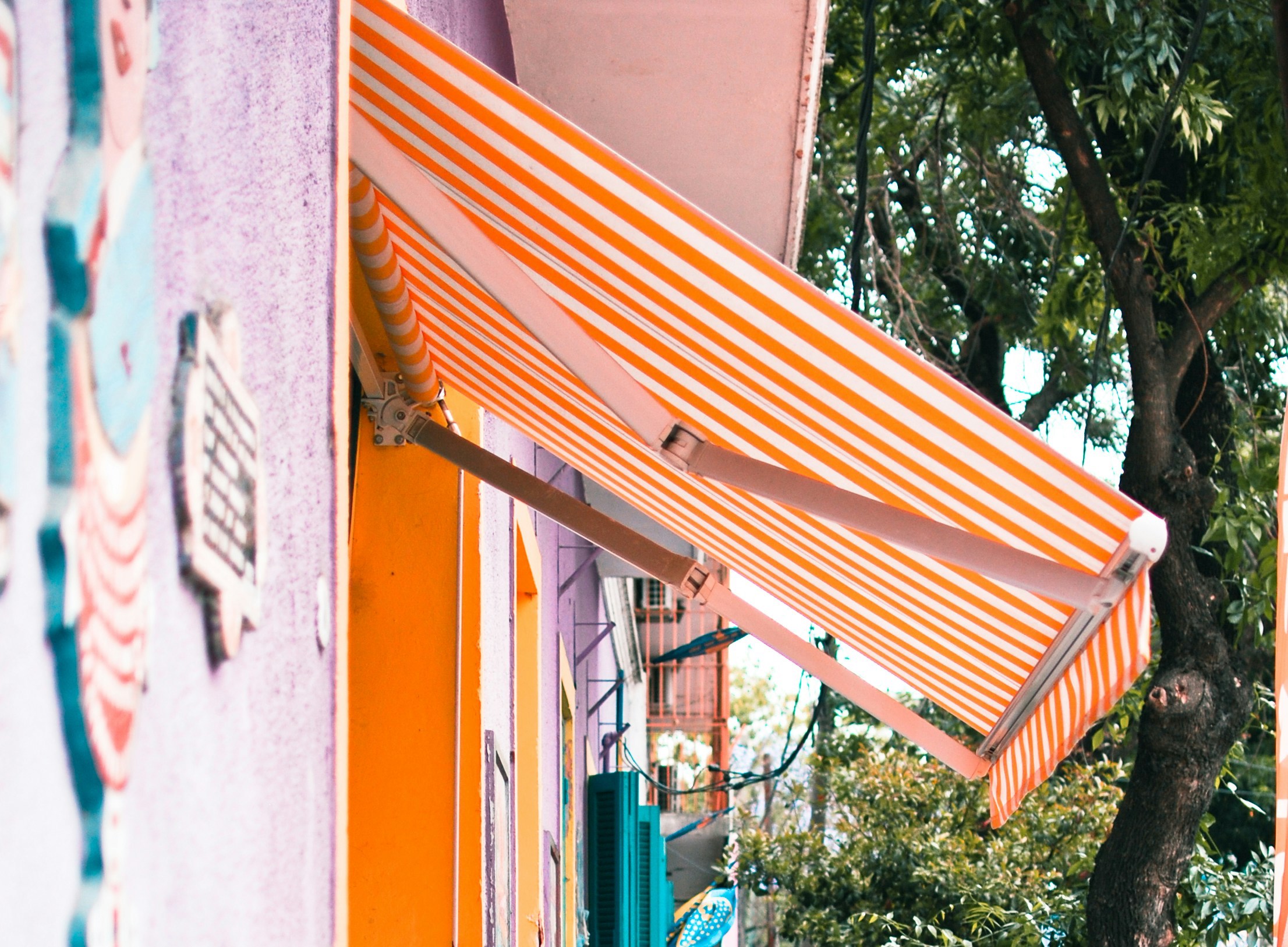Lit Mags
The Easter Visit From Relationship Hell
An excerpt from BURST by Mary Otis, recommended by Ramona Ausubel

Introduction by Ramona Ausubel
A story walks into the bar and says, “I’d like you to meet this mother and this daughter,” and right away the whole room turns to see how similar or different they will be. Is the young woman a carbon copy of the older woman? Is she a physical opposite? Inside the young woman, is it all fight and wrestling to be different, to redefine? Can we sense the mother reaching to stay close?
Then the story says, “And here is this son and his mother,” and we all turn again because now we’re not so much looking to see if they are an exact match but to see if he’s grown up enough or if his mother has somehow ruined him with her careful love, if he has ruined her with his wild boyhood.
But the story is not finished. Now it tells us that the young man and the young woman have fallen in love even though he came from wealth and she came from the opposite, and it’s Easter, and he is taking her to his mother’s grand home for an egg hunt and brunch. Now we have the boy’s mother and a potential daughter-in-law (plus pristine white carpet and long-standing family traditions and the shadow of the last girlfriend whom everyone wanted the boy to marry). The daughter’s own mother is far away, barely reachable on the phone, and though they have caused each other so much damage, the mother now feels suddenly like the only safe place.
This is the stage for Mary Otis’s Burst. The genius is the way Otis fills the room with the cloud of social expectations—gender and inheritance and the patriarchal chain of command and money and poverty and all that tired but persistent cruel-ladies-who-gobble-each-other-up and boys-who-would-rather-be-cared-for-and-then-let-outside. Emerging through the fog is Viva, particular and real, trying to find her own sharp, exact edges, her own actual needs, her own self in relationship to her boyfriend, her mother, and his. In Viva’s search there is as much to undo as to do. Everyone will hurt everyone in the process.
With all that white carpet, a person is supposed to remove their shoes in this very nice house in the southern California sun and someone is handing out mimosas and there won’t be anything to eat for hours—are you ready to enter the fog and see if you can find your way out whole? Let’s go.
– Ramona Ausubel
Author of The Last Animal
The Easter Visit From Relationship Hell
Mary Otis
Share article
An excerpt from Burst by Mary Otis
Walter McKinley put Viva in mind of one of those Renaissance men, the young swain type, depicted in paintings leaning against a tree, eating an apple, or plucking a lute. Slouching against the doorway to her living room, he wore a pressed white shirt, pressed black pants, and expensive black leather flip-flops. He looked like he’d just taken a shower, and the tips of his curls were still wet. Viva stared at him.
“Can I come in?”
“Of course.” Viva suddenly felt awkward. Walter was the first man she’d dated in Los Angeles after dating no one in Glenalbyn, where she’d recuperated from her knee surgery at her mother’s home. During college she’d never had time for a real relationship. She had to focus on dance. There were a few dates with a mirthless abstract painter—a wannabe Kandinsky with a coke problem—and a brief fling with a visiting dance teacher, but Viva felt she lagged behind most women her age when it came to relationships. Dating Walter was, in part, an effort to remedy the problem. That, and something she didn’t like to admit—Walter came from wealth, and unlike Viva, he’d lived in one place his entire life. She was drawn to the idea of his upbringing, the predictability and ease of it, perhaps as much as to Walter himself. He sometimes reminded her of her college roommate, Anastasia, who also had grown up with privilege, the easy expectancy of good things on the horizon, and an unquestioning belief that one parlays one success into the next.
Walter walked into her living room, halting midway. He put his hands on his hips and peered at the Elsinore Hotel through her window.
Built in the 1930s, the Elsinore was a tall, narrow hotel covered in dark gray stucco. A squat turret arose from the right corner, its paint flaking off, revealing another, paler shade that in certain lights caused the stucco to resemble mottled elephant skin. When Viva’s apartment manager showed her the building the first time, he told her a famous artist had overdosed at the Elsinore. A famous rock star, too. Not to mention the writer. It was that kind of hotel. Two medieval-style lamps hung from chains outside the entrance, which was built to look like a drawbridge. Viva loved the building’s baronial appearance, its just-this-side-of grim demeanor, which contrasted sharply with the candy-colored more popular hotels that flanked it on either side.
“That place gives me the creeps,” said Walter.
“I think it has character,” said Viva.
“Oh, that it does,” said Walter.
Viva’s phone rang, and looking at her caller ID, she saw Charlotte’s number, one that in its skinny arrangement of ones and sevens, numbers with no real meat on them, seemed to describe her mother’s physicality and loneliness.
She could picture her mother at her kitchen table in Glenalbyn, her wolf dog, Eddie, at her feet. The town was once a thriving tourist attraction, but now psychics sold spray tan products, and part-time contractors wrote diet books on the side. Tucked into the side of a mountain, it was rumored to have the strongest energetic field on the West Coast, and decades earlier, in an attempt to keep out visitors, residents chucked the town-limits signs. Charlotte liked living in a place that required grit and ingenuity, what with the frequent wildfires, the endless shower of leaves and needles falling on everyone and everything, jumbo pine cones dropping from the sky like dead birds, and the fact that people had to hold down at least two jobs just to get by. Not everyone had the stamina for the place, and her mother was proud of the fact that she did. She got by on odd jobs—sample server at the local grocery store, part-time cashier at the gem and crystal emporium, and, most recently, a brief stint as a makeup artist at the local mortuary. Sometimes she drove to Palm Springs to participate in focus groups where she gave her opinions on video games she’d never heard of or beauty creams she would never buy. It was an easy hundred, and sometimes the companies provided lunch.
“Hello?”
“I need to talk to you about something,” said Charlotte.
“Can it wait?” Viva rubbed her neck and waited for Charlotte’s response. She’d slept poorly the night before and her entire upper back was stiff.
“No,” said Charlotte. “It can’t.”
“I’ve only got a minute but go ahead.”
“Are you with Scooter?” Charlotte knew his name. She’d met him briefly and declared him a milquetoast.
“Yes, and I can’t talk for long.”
Walter checked his watch and frowned.
“Mother?” said Viva. “Mother?” The phone had dropped out. Or Charlotte hung up. Viva called her back twice but got a busy signal.
It was Easter, and they were going to Walter’s family home in Orange County. Viva slung her purse over her shoulder and picked up the hostess gift for Walter’s mother, a bowl she’d recently bought at a farmers market. She’d heard about Walter’s previous girlfriend, Phillipa—how she and Walter’s mother had gotten along so well it took Walter an extra year to break up with her. Viva had spent too much time shopping for the hostess gift, a present that in her imagination would never compare with the one Phillipa would have selected.
“And away we go!” said Walter, clapping his hands. His enthusiasm, the effects of which were legion at Findley Academy, suddenly seemed outsized to Viva within the confines of her apartment. A passionate recycler and popular civics teacher at the school, Walter possessed an easy confidence that spread to everyone in his vicinity like a most delightful flu. The fact that there were no male students at the school logarithmically increased his allure.
A passionate recycler and popular civics teacher at the school, Walter possessed an easy confidence that spread to everyone in his vicinity like a most delightful flu.
Viva had met him the day she was hired at Findley Academy to teach modern dance to young women whose curious, ridiculous, wanton energy flew out of them at all the wrong angles. It seemed to her she was hired to help them tamp it down, batten the hatches, close their mental loopholes, and do whatever it is people do when they try to get young women to focus.
She’d been working at the school for almost two months. When Charlotte kicked her out, Viva told her mother she’d return to New York. But in the end, she couldn’t do it—New York now only represented the end of her performing career. So here she was in Los Angeles, only an hour and a half from Charlotte but far enough away to start over. Maybe Charlotte had done her a favor, forcing her to move on with her life. Viva told herself that at least her job was related to dance. But it was hard. Some of the dancers were only six or seven years younger, and the ambition of the best ones reminded her of herself not so long ago. Here she was in the prime of her dancing years, teaching a bunch of privileged kids who spent more on their dance bags than she’d ever spent on a year of dance clothes. Even if they were terrible dancers.
As they cut through the courtyard of her building, which featured Moorish arches, terra-cotta tiles, and a grand but non-working fountain, Viva saw her neighbor Lukania Moravec, who lived in one of the coveted rent-controlled apartments, standing before his open window. Smoking a cigarette, he stared at her in a strangely intimate way, as if he knew something deeply personal about her.
Luka had the physical bearing of a fairy-tale woodchopper—slow moving, impassive, his shoulders straining against his suit jacket, which he never appeared to remove except perhaps when he went to sleep. When he wasn’t working as a driver, he parked his limo in front of the apartment building, and even though it took up two spaces, most tenants didn’t seem to mind, since it gave the impression that a celebrity was being picked up or dropped off.
The day Viva moved into the building, she’d struggled through the courtyard with an antique mirror. Luka, who appeared to be coming home from a shift, helped her carry the mirror into her apartment where he set it on the floor in the corner of her living room. When she passed before it, she could see only her feet and calves. No knees. Viva preferred it that way. She meant to hang the mirror; she meant to hang it any day.
Luka continued to look at Viva and lifted his chin a fraction of an inch in greeting.
“Friend of yours?” asked Walter.
“Him?” said Viva. “No.” But as they walked away, she turned to look at him and saw Luka still gazing at her.
As they neared their destination, Walter became increasingly agitated. His right eyebrow, which he often lifted in bemusement as he strolled the halls of Findley Academy, reached toward his left in mutual consternation. He began to whistle a tuneless, blatantly reactionless, anti-whistle of sorts that mysteriously bloomed in his mouth when he was in the throes of stage one distress. Was it possible that he was anxious about visiting his family? Viva worried that it might have something to do with her, but before she could ask, Walter pulled into the driveway of his childhood home. Bird-of-paradise flowers, nestless and eggless, savage in their pointy-headedness, clustered around a large bay window through which Viva could see Walter’s family peering out.
“Shall we?” said Walter. He was sweating a little above his lip.
Viva stepped out of his car into bright sunlight and immediately realized the long flowered dress she wore must be see-through in this light. She’d meant to wear a slip. Awkwardly, she tried to walk with her palms covering her thighs as they strode up the front walk between two rows of Easter lilies captured in gold pots, their medicinal fragrance potent and cloying.
Alexa, Walter’s sister, threw open the front door. Wearing chunky gold earrings that tugged at her earlobes and a matching cuff bracelet, she firmly clutched Viva’s wrist like a holiday gladiator. She introduced her husband, Mr. Jack, and waved them in.
Behind her, Viva didn’t notice Walter slip out of his flip-flops, and as she stepped into the house and onto lush wall-to-wall cream-colored carpeting, she saw before her cream-colored walls, a cream-colored baby grand, and a cream-colored sofa that resembled an enormous sunken meringue.
“No shoes! Please!” said Alexa.
“Oh, of course,” said Viva. She quickly untied her espadrilles and couldn’t help but feel that not only was she leaving her shoes in the foyer but something essential to her ability to navigate the afternoon. A familiar queasiness overtook her as she recalled, as a child, trying to divine senseless family customs and rituals—the first order of business when she and her mother lived on the road and crashed at the homes of friends and acquaintances. Sheila Titus kept a cabinet full of expensive guest towels no one could use, especially not guests. Then there was the three-sheet-maximum toilet paper rule, the silent Sundays, no phone after five. As a child, Viva prided herself on being quick to please and blend into the situation at hand, but now her knee-jerk accommodation response felt like a personal betrayal. But not enough to keep her shoes on. She carefully set her espadrilles next to Walter’s flip-flops.
Evie, Walter’s mother, swooped into the room, clementine crepe swirling around her hips. She hugged Viva warmly, then grasped her shoulders, and said, “Just look at you!” Though she smiled, Viva thought she could see Evie remorsefully superimpose the legendary Phillipa’s face upon her own.
Walter palmed a pale yellow Easter egg into Viva’s skirt pocket, where it poked out like a weak, misshapen sun. They were hidden behind the chimney of his parents’ house where no one could see them, though they could hear everyone racing around the backyard, particularly Alexa, who yelped over every egg she discovered.
It was clear to Viva that the Easter eggs had been hidden in the same places since Walter and his sister were children, and when Walter’s mother shouted, “Begin the hunt!” Viva panicked. Across the yard, she’d watched Walter easily retrieve eggs from a coiled garden hose, an empty terra-cotta pot, a hole in a stump.
Seated in a lawn chair, Walter’s father, Thomas, made a motion with his hand that seemed to indicate there would be plenty of eggs to find if only Viva would venture farther into the yard. At least he was trying to be helpful. When Viva first met Walter, he described his close relationship with his father, and, having never met her own, she felt a familiar inner drop, a sinking feeling of inadequacy. In a rush of envy, she told him her own father had been a lawyer who died of a stroke.
The clammy spring heat and wafting wrist corsage that Walter gave Viva earlier that day, a lather of pastel ribbons embroiling two gardenias, was contributing to her disorientation. That and the fact she’d already drunk two mimosas. It was past noon, and they’d yet to be offered any food.
Walter was whistling again. He rubbed a lavender egg against his shirt as if to polish it, then he turned Viva’s palm upward and placed it in her hand. “Two is more realistic.”
Evie called everyone to lunch. They stepped out from behind the chimney, and as they turned the corner of the house and crossed the lawn, Viva held the lavender egg aloft in her left hand, the pale yellow in her right. But really the jig was up, everyone witnessed her not find a single one. Miserably, Viva thought of something Charlotte often said—We’re not joiners and we never will be.
A buffet table cloaked in a white linen tablecloth appeared to strain beneath the multitude of food placed upon it. There was a ham, a chicken, salmon, a plate of cold cuts, a platter of cheeses, two bowls of pasta, two kinds of bread, deviled eggs, green salad, bean salad, and one that involved seafood. A silver tower, displaying olives and nutmeats. A tray of miniature quiches. In the center of the table, a jumble of paper bunnies and ducks stared pop-eyed at this great abundance. Place cards stuck in tiny china eggs ringed the table. Viva was so hungry she almost swooned.
Walter’s sister and brother-in-law joined them and took their designated seats. Evie stood at the head of the table, hands gripping a folding chair.
“Walt,” Evie said, indicating that he should sit next to her. When she pronounced his name, it sounded like walled, and it seemed to Viva that the exuberant Walter she knew from school was rapidly vanishing.
As she sat before a place card marked Vera, she remembered she’d left her hostess gift in Walter’s car. He left to fetch it, and as Walter walked away, she noticed two round spots of sweat appear on the back of his shirt like beseeching eyes.
As Walter walked away, she noticed two round spots of sweat appear on the back of his shirt like beseeching eyes.
Thomas, who sat not at the other head of the table but to the side of his wife, sliced a single piece of ham and chewed it contentedly. Viva flashed on a childhood memory—her mother flying down a grocery store aisle at 3:00 a.m. Only Charlotte could nick a ham like it was a pack of gum. Viva smiled at Thomas, and he looked at her carefully. Walter had told her his father was a heart surgeon, and he possessed a certain precision in his movements, a stillness that made it easy for Viva to imagine him before an operating table. His eyes were an odd flat blue, the shade of lake water when a cloud passes over it.
“So, you’re a dancer,” Thomas said.
“Was a dancer. I teach dance now.”
Viva poured herself another mimosa and drank half of it. She was so famished she was fairly shaking. She took a helping of salad and a slice of chicken, and as she reached across the table for the miniature quiche tower, Alexa pushed it toward her with both hands like a big pile of poker chips.
“Dance for us,” said Thomas. He put down his fork and knife.
Was he kidding? Did he want her to prove she knew what she was doing? Viva felt a kind of bemused antagonism ping around the table. She scanned the yard for Walter but there was no sign of him. The crick in her neck, which had only worsened since this morning, suddenly leaped to her left shoulder blade. The family stared at her, and she felt the ghost of Phillipa hover. What would Phillipa, the best girlfriend in the world, do? Perspiration streaked down the inside of Viva’s arm.
“I’d like to see a dance,” said Alexa.
“Right now?” said Viva.
“Yes,” said Mr. Jack. He smiled ruefully and devoured an entire deviled egg in a single bite.
Viva took a gulp of her mimosa. “All right,” she said, willing her neck and shoulder to relax. Viva rose and stepped to the side of the table. A sharp pain swiftly pinballed from her ankle to her knee, a pain that had begun not long after her surgery. But Viva would get through this moment.
Alexa began to hum an odd, insistent melody. Was this meant to be her musical accompaniment? Viva scanned the yard for something she could use to spot. She saw what appeared to be a pink ball in the crook of a sycamore tree. She squinted. Not a ball, an egg. An egg that not even those in the know had discovered. This fact gave her a small burst of fortitude, and squinting, she lifted her right arm in a wide scooping motion.
“What are you doing?” said Walter, tapping on her shoulder. Tapping. Just as she’d seen him once do with a student who threw a Twinkie wrapper on the ground. It wasn’t until this moment that she realized how much she hated that tapping.
Clutching Viva’s hostess gift to his chest, Walter looked miserable and confused. He reeked of weed. He leaned into Viva and whispered, “Are you drunk?”
“They asked for a dance!” she said and looked to Walter’s family for confirmation. No reaction.
Awkwardly, Viva and Walter sat down, and he poured her a large glass of water.
“For you, Evie,” Viva said, handing her the present.
Evie passed the package to Thomas who withdrew a pocketknife from his jacket and sliced it open in one swift move. Viva thought of him cutting open a chest with equal ease and enthusiasm and unabashedly staring at a person’s most private heart.
Evie picked up the bowl and inspected it. Viva noticed a rough patch on the side of the pottery just as she was sure Evie saw it, too.
“It’s high-fired with a raku glaze,” said Viva.
“At the grocery store,” said Evie, “they were giving away similar bowls with the purchase of ham.” She laughed. “Of course, this isn’t the same bowl.”
At her side, Walter carefully folded, unfolded, and refolded his linen napkin.
“Excuse me,” said Viva and she fled to the house.
Viva opened the back door, grabbed another mimosa off the kitchen counter, and walked straight into the living room, forgoing the oversized cream-colored sofa covered in adamant family butt prints. She perched on a narrow piano bench and reached for the phone on the end table.
Charlotte picked up without saying hello and before Viva even heard it ring. This happened often, though neither of them ever mentioned it.
“Mom, what did you want to tell me this morning?”
“Listen, Viva, they shot my Eddie.”
“Who? Who shot Eddie?”
“The police. He attacked the Gillettes’ terrier.”
“For heaven’s sake, why did they have to shoot him?”
“For his nature, I suppose.”
Charlotte sighed, and all Viva could think of was how ridiculously proud Charlotte was of the fact that Eddie could catch flies in his mouth.
“It’s a dark day, Viva, a dark day.”
Viva stood and looked out the living room window past the cluster of bright orange bird-of-paradise that in the late-afternoon sun appeared to ignite. Beyond them, she could see Walter and his family. Something had happened since she’d left the table, a kind of energetic reconfiguration, and she couldn’t help but feel that it had to do with her departure. Alexa put a napkin on her head, and they howled.
“Are you still there, Mother?” Viva heard Charlotte smoking.
“Listen, there’s another problem.”
“What?”
“I’d rather talk about it in person.”
“Can you give me a hint?”
“No,” Charlotte said. “Have fun with Scooter and the bourgeoisie. Happy Easter, and don’t forget I’m the one who hatched you.”
“Wait—” said Viva. But Charlotte had hung up.
Through the window Viva watched Walter and his family head out for a walk. Were they not even going to wait for her? Viva considered how much it would cost to take a taxi from Orange County to Glenalbyn. A lot.









